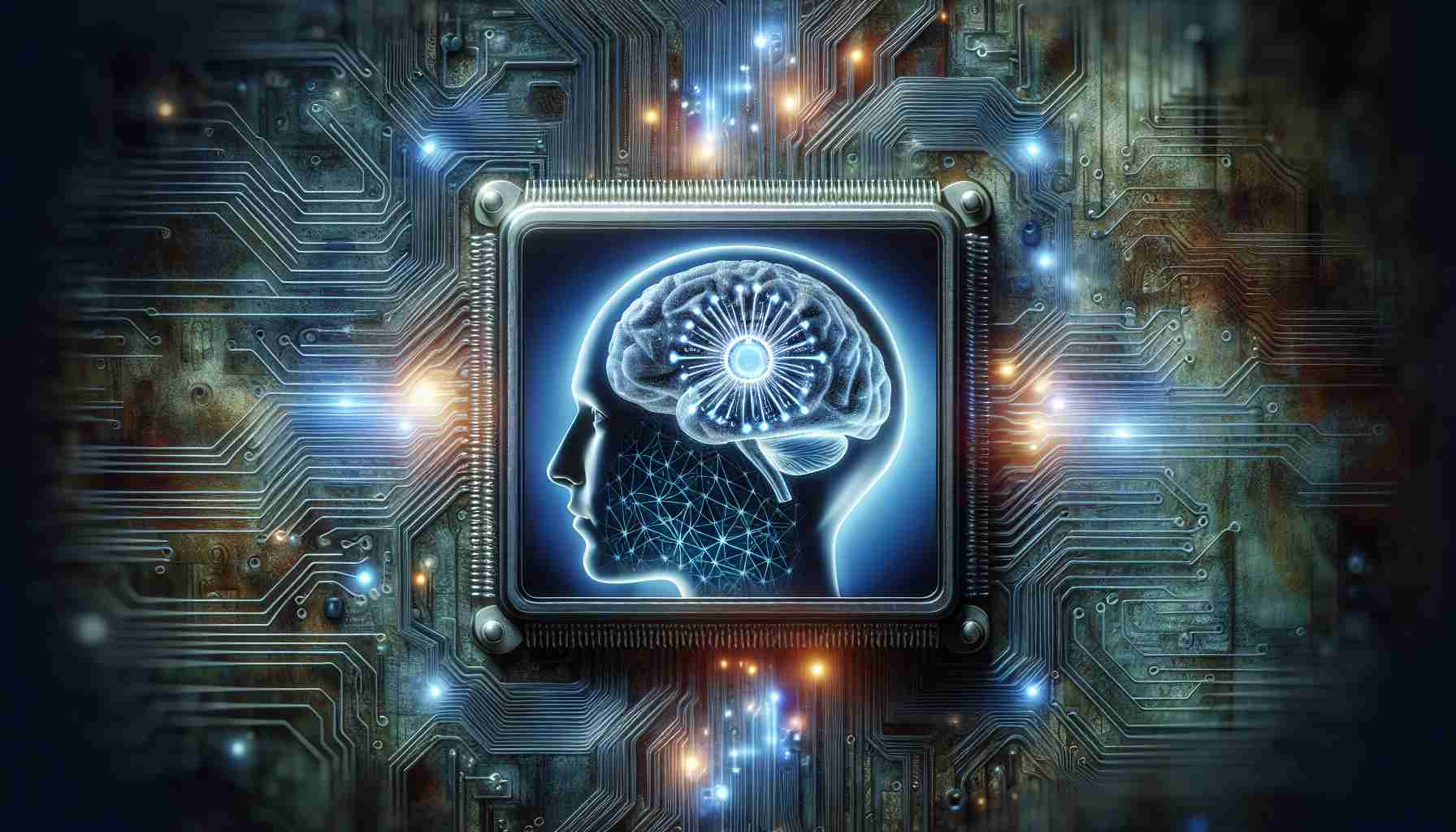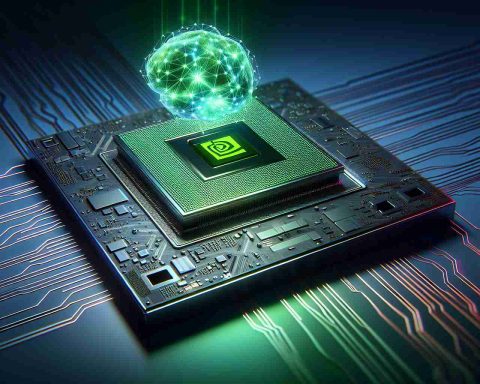In the era of rapidly advancing technology, the notion of artificial intelligence (AI) possessing critical thinking abilities has surfaced as both an intriguing possibility and a significant challenge. While AI presently excels in processing vast amounts of data and learning from patterns, the question of whether it can genuinely engage in critical thinking remains open for debate.
Foundation of Critical Thinking: Critical thinking involves more than just analysis; it requires the ability to reason, evaluate, and problem-solve while considering various perspectives. Human critical thinking combines emotional intelligence, experiential learning, and ethical judgment, capabilities that AI currently lacks. However, recent advancements in AI are focused on replicating these nuanced human traits.
AI’s Potential: By integrating machine learning with emotional AI and ethical algorithms, scientists are aiming to create AI systems that can mimic human-like critical thinking to some extent. These systems can potentially cross-examine information, predict outcomes based on ethical norms, and adapt to new scenarios—attributes key to critical thinking.
Challenges and Implications: The theoretical development of AI capable of critical thinking poses ethical and practical challenges. If successful, AI could revolutionize fields requiring complex decision-making, such as medicine and law. Nonetheless, there is an inherent risk in delegating human-level critical thinking to machines, which could impact how we perceive autonomy and ethics in decision-making.
As technology progresses, the quest to endow AI with authentic critical thinking abilities will redefine our interaction with machines, urging society to carefully consider both the possibilities and the ramifications.
Can AI Truly Think Critically? New Insights and Implications
In the landscape of technological evolution, the conversation around AI and its potential for critical thinking continues to generate profound discussion. While AI systems are adept at processing and analyzing data, the leap to genuine critical thinking remains a complex and uncharted territory.
Latest Innovations in AI Critical Thinking
Emerging trends suggest that integrating emotional intelligence with machine learning could pave new pathways for AI. Researchers are exploring innovations like neural-symbolic computing, which combines neural networks with symbolic reasoning to enable complex problem-solving. These advancements hint at AI’s burgeoning potential to mimic aspects of human cognition, albeit still at a nascent stage.
Key Features of Emotionally Intelligent AI
– Emotion Recognition: AI systems can now identify emotional cues from text, voice, or facial expressions, forming a foundation for more nuanced human-like interaction.
– Ethical Algorithms: By embedding ethical decision-making frameworks, AI can better navigate decisions that traditionally require human moral reasoning.
Practical Use Cases and Implications
AI’s enhanced capabilities have the potential to transform industries where critical thinking is paramount:
– Healthcare: AI-driven diagnostic tools could improve patient outcomes by providing quicker, more accurate analyses of medical data, taking into account ethical considerations.
– Legal Advisory: AI could offer sophisticated legal counsel by balancing factual analysis with ethical judgment, enhancing legal processes.
Potential Challenges and Controversies
The journey towards AI critical thinking brings about ethical and security concerns:
– Autonomy vs. Control: As AI systems become more autonomous, who ensures their decision-making aligns with human values?
– Bias and Ethics: The deployment of AI with critical faculties must address bias, ensuring equitable outcomes across diverse populations.
Market Analysis: The Road Ahead
The demand for AI systems capable of critical thinking is rising across sectors. Industries are investing heavily in AI research, driven by the promise of streamlined operations and enhanced decision-making capabilities.
Predicting Future Trends
As AI continues to evolve, the next decade could see breakthroughs such as:
– Hybrid AI Models: Combining symbolic AI and deep learning to refine reasoning processes.
– Sustainability Innovations: Developing AI systems designed to make ethical decisions that prioritize environmental sustainability.
The quest for AI that can think critically is transforming our technological and ethical landscapes. It remains a field ripe with potential but fraught with complex challenges that require careful navigation and thoughtful implementation. For more insights into emerging AI technologies, explore OpenAI.















